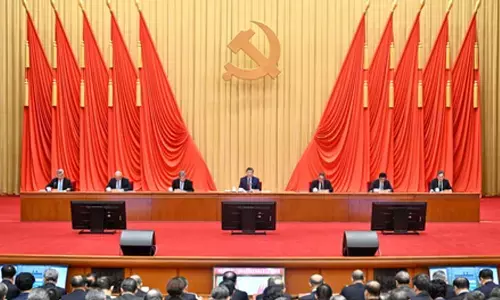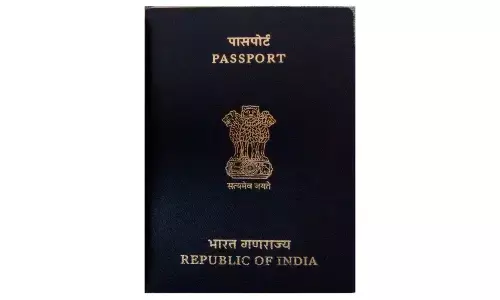Transfer of reserves will affect RBI rating

Former RBI Governor Raghuram Rajan has cautioned that transfer of excess reserves to the government may bring down rating of the Central bank Rating downgrade of the RBI from AAA would make borrowing costlier for the Central bank and will have implication for the entire economy
New Delhi: Former RBI Governor Raghuram Rajan has cautioned that transfer of excess reserves to the government may bring down rating of the Central bank. Rating downgrade of the RBI from 'AAA' would make borrowing costlier for the Central bank and will have implication for the entire economy.
Asked if the transfer of excess reserve by the RBI to the government could lead to downgrade of the rating, Rajan said: "It could. It depends on how much. It may not be an issue now. May be an issue at some point of time. That's one concern". This is something both the government and RBI should discuss before reaching some conclusion, he told a news channel in an interview.
"We are 'Baa' country. We are barely investment grade. Sometimes, we need to undertake international transactions which require really high credit rating. For example, swap we did in 2013. So, for that we need unimpeachable balance sheet. Why don't we keep the RBI as an unimpeachable balance sheet with AAA credit rating that requires certain amount of equity," he said.
Highlighting that profit of the Central bank largely comes due to devaluation of Indian currency, Rajan said keeping a portion for the contingency reserves, RBI usually pays entire profit. "RBI can pay profit and not whatever it holds for contingency reserves for movement up and down. For example, rupee that depreciated could also strengthen. So, we should accommodate for that," he said.
There seems to be a tussle going on between the RBI and government over various issues, including transfer of excess capital of the apex bank. Last month, the RBI board decided to set up a high-level committee soon for examining the Economic Capital Framework (ECF) to determine the appropriate levels of reserve the central bank should hold. Asked whether he also faced pressure when he was the governor, he said there is always a pressure on the Central bank to pay the government more.
"I had it as well. I wrote a letter to the RBI when I was Chief Economic Advisor saying perhaps the RBI should look at how much it needs to hold. When I came to RBI as Governor, I set up a committee which essentially said we have enough capital to pay out our entire profit. The three years that I was Governor, we paid the highest dividend in RBI's history to the government. The issue at stake is not that anymore. The issue is more than that. It's not just the profit, they want the excess. And the Malegam Committee had opined that you cannot pay more than the profit," he said. Rajan, who was RBI governor for three years till September 2016, is currently teaching at the Chicago Booth School of Business.














